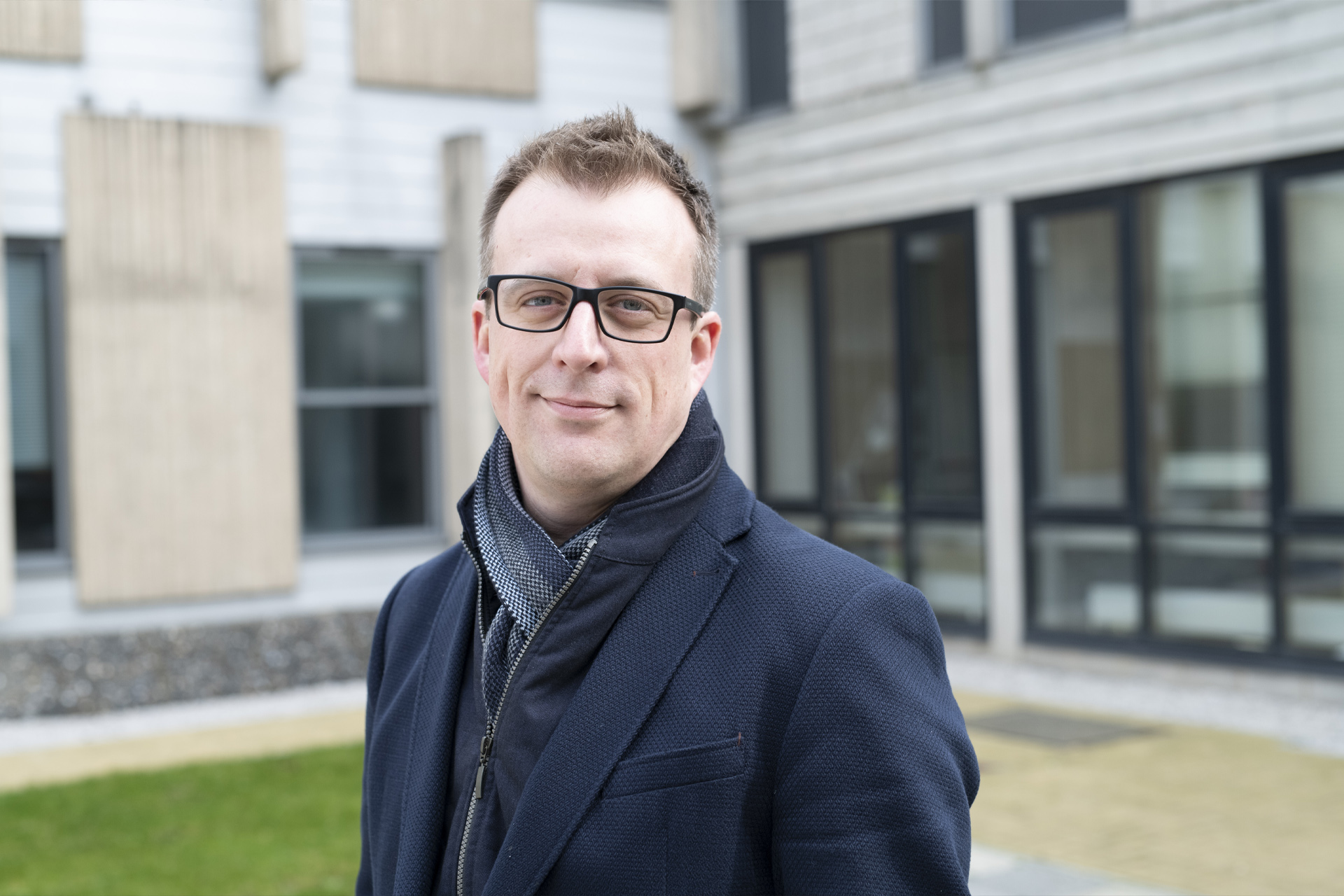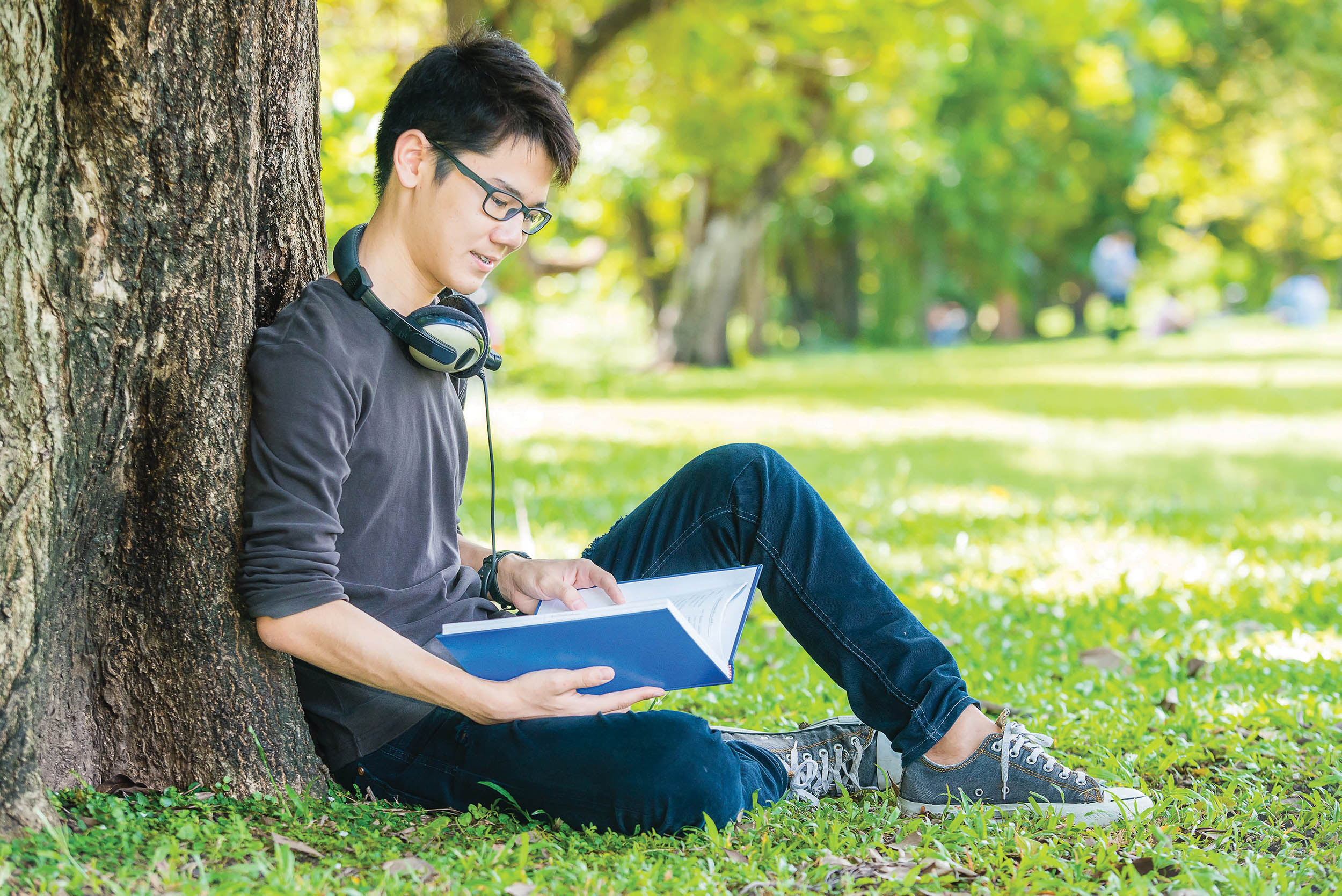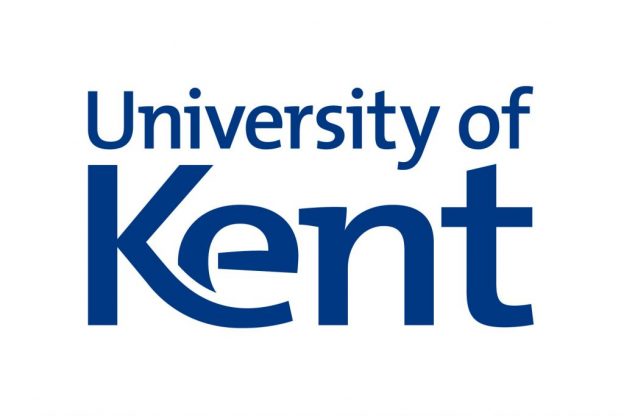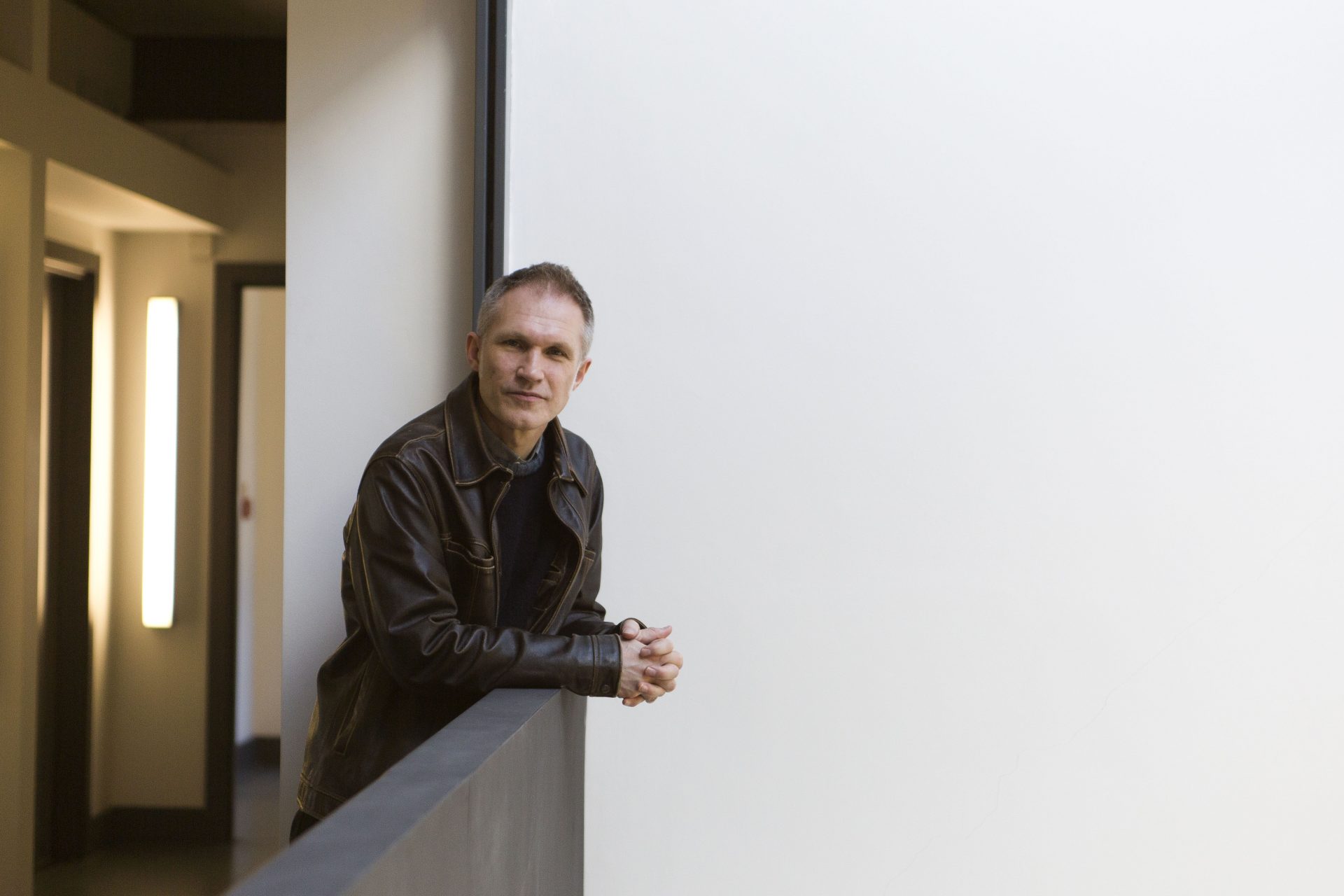Kent’s international partner in the GCRF COMPASS Project, ADA University (Azerbajan) has organised a high-profile talk on ‘Brexit: What’s happened and does what does the future hold’ by Professor Anand Menon. The lecture is taking place online at 12.30 – 13.30 on Thursday 22 April and is open to all academic staff and researchers. For access to the online lecture please contact ceeus@ada.edu.az
The COMPASS project works with partners in Cambridge, Belarusian State University (BSU), Tajik National University (TNU) and the University of World Economy and Diplomacy (UWED) in Uzbekistan to connect research, policy and people globally. The COMPASS project seeks to establish ‘regional hubs of excellence’ at the top-level HEIs in Eastern Neighbourhood and Central Asia to enable them to become our lead research partners and ‘nodes of excellence’ for knowledge production and transfer across the region and beyond.
See the COMPASS website for more information about the project and its partners.
Guest lecturer
Anand Menon is Professor of European Politics and Foreign Affairs at King’s College London. He also directs the UK in a Changing Europe project. His areas of research interest include the policies and institutions of the European Union, European security and British politics. He is co-editor of the Oxford Handbook of the European Union (OUP, 2020) and co-author of Brexit and British Politics (Polity 2018). He is a trustee of Full Fact, a member of the Strategic Council of the European Policy Centre, a Council member of the European Council on Foreign Relations and an associate fellow of Chatham House.









